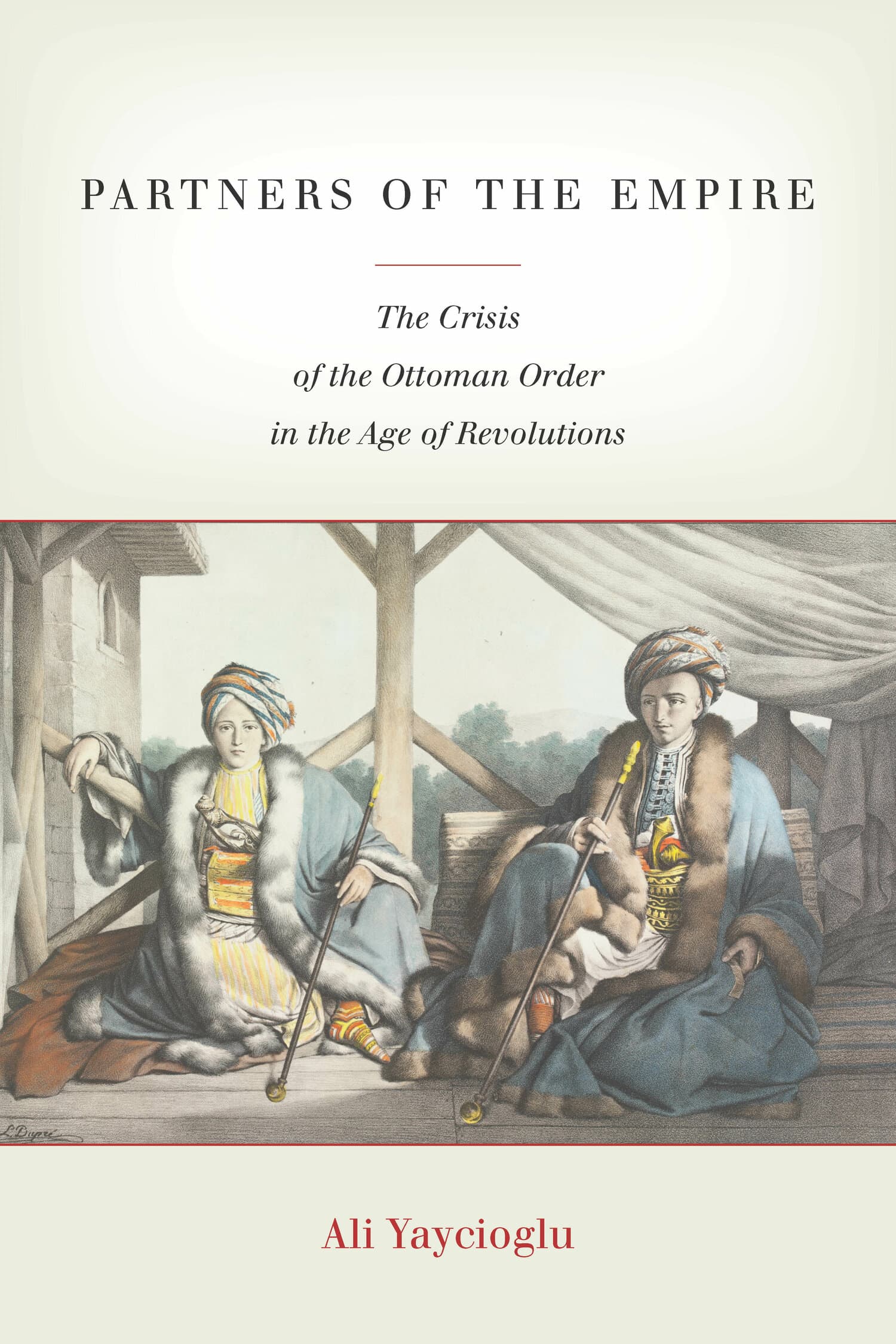For God or Empire
Award Winner
2021: Wallace K. Ferguson Prize
Winner of the 2021 Wallace K. Ferguson Prize, sponsored by the Canadian Historical Association.

Sayyid Fadl, a descendant of the Prophet Muhammad, led a unique life—one that spanned much of the nineteenth century and connected India, Arabia, and the Ottoman Empire. For God or Empire tells his story, part biography and part global history, as his life and legacy afford a singular view on historical shifts of power and sovereignty, religion and politics.
Wilson Chacko Jacob recasts the genealogy of modern sovereignty through the encounter between Islam and empire-states in the Indian Ocean world. Fadl's travels in worlds seen and unseen made for a life that was both unsettled and unsettling. And through his life at least two forms of sovereignty—God and empire—become apparent in intersecting global contexts of religion and modern state formation. While these changes are typically explained in terms of secularization of the state and the birth of rational modern man, the life and afterlives of Sayyid Fadl—which take us from eighteenth- and nineteenth-century Indian Ocean worlds to twenty-first century cyberspace—offer a more open-ended global history of sovereignty and a more capacious conception of life.
"Wilson Chacko Jacob joins the Mediterranean and Indian Ocean worlds within a hitherto hidden global history to explore the making and movement of ideas. A forceful intellectual intervention in the way we understand sovereignty."—Faisal Devji, University of Oxford
"[A] robust biographical rendering which also paints an inverted picture of the modern political subject....For God or Empire is a refreshing and vital theoretical intervention in the study of the Indian Ocean and for intellectual history more broadly."—Taushif Kara, H-Diplo
"For God or Empire is at once an impressively scholarly, highly imaginative, and hugely challenging book....this is a very fine analysis, presenting an in-depth account of a remarkable man living through a turbulent historical era."—Pnina Werbner, Pacific Affairs




